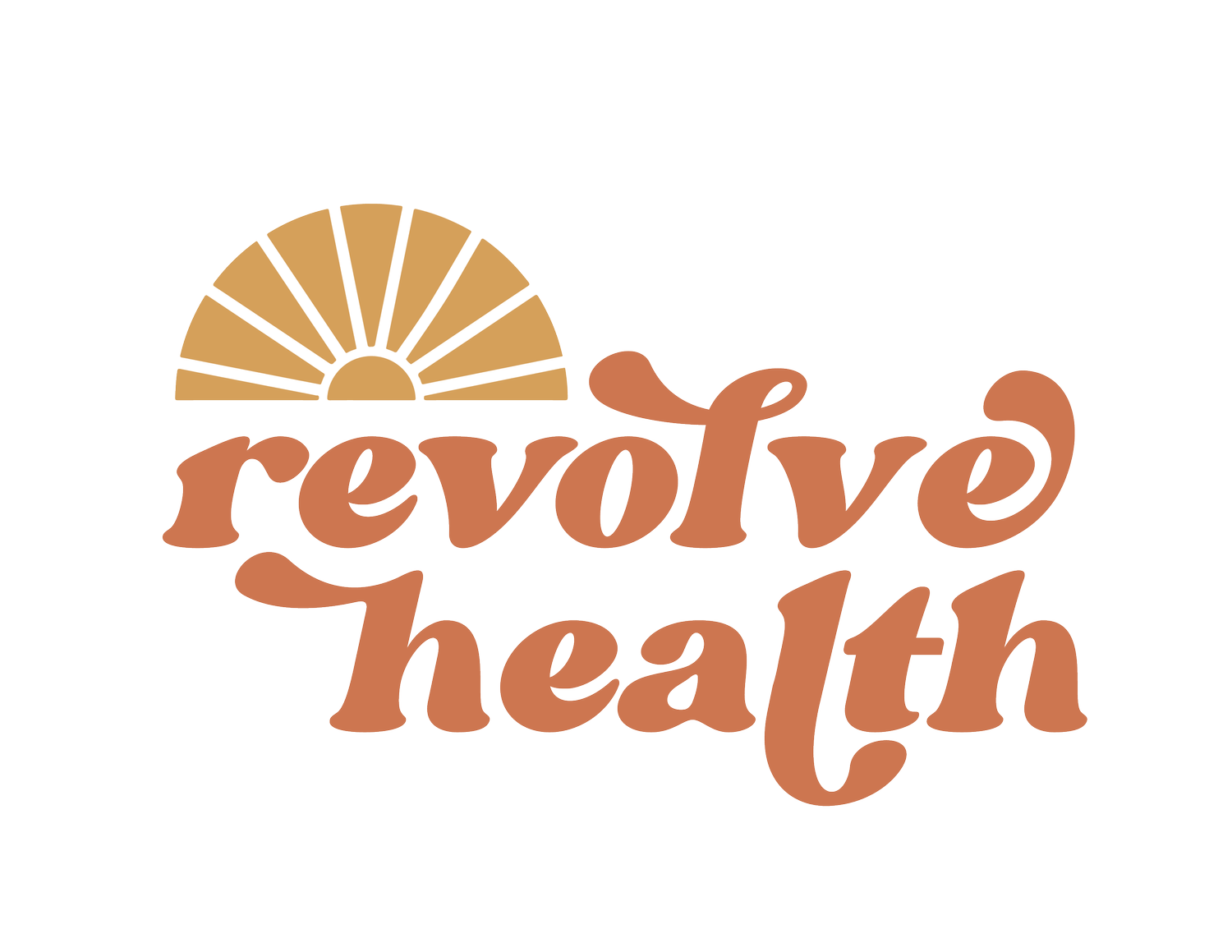Hormones in All of Life’s Stages: The Manual You Never Got
As a passionate provider for women from all walks of life, I understand that managing hormones can be a complicated journey. Hormonal changes impact us differently at various stages of our lives. From young girls to women experiencing menopause, each phase brings its own set of challenges (and opportunities!).
Let’s Hear it for the (Young) Girls
Understanding the Basics: Young girls often start experiencing hormonal changes as they approach puberty. It’s important to understand that these changes are normal and part of growing up.
What I Advise:
Consider Nutrition: Encourage a balanced diet rich in fruits, vegetables, whole grains, and lean proteins to support overall health and development and minimize the impact of the hormonal chaos that is normal during the coming years.
Access Education: Education is power! Help girls learn about the menstrual cycle and what to expect. Understanding periods and what is within the realm of normal, and what is not, can help reduce anxiety and promote a healthy attitude towards menstruation.
Include Activity: Encourage regular physical activity such as swimming, cycling, or dance classes to support upcoming hormone fluctuations
The Drama of the Teen Years
Navigating Puberty: Teenagers experience significant hormonal changes that can affect mood, skin, and overall health.
Advice:
Skin Care: Hormonal changes can lead to acne. Establish a good skincare routine including cleansing, moisturizing, and sun protection. Maintain a good skincare routine and schedule a consultation with us for persistent issues.
Mental Health: Hormonal fluctuations can impact mood. Encourage open conversations about feelings and seek help from a counselor or therapist if needed. Most people don’t know that one of the most common side effects of birth control use, which is SO common in teen years, is actually depression. Consider the source of mood changes if the pill is in the picture!
Menstrual Health: Track menstrual cycles using apps or calendars to identify any irregularities early on. Now is the perfect time to address any severe cramps or irregular periods your provider! And no, birth control is NOT the only option…
Your 20s & 30s
Balancing Life and Hormones: Young adulthood often brings new challenges, including stress from education, career, and relationships, which can impact hormonal balance.
Advice:
Stress Management: Incorporate stress-reducing activities like yoga, meditation, and regular exercise into your routine. Apps like Headspace or Calm can be useful for guided meditation.
Contraception: Discuss contraception options such as birth control pills, IUDs, or condoms with us to make informed decisions about reproductive health.
Fertility: If you’re wanting pregnancy, your hormone balance can have a big impact. Make sure you work with a hormone educated provider like myself to get your body in the BEST health before getting ready to start trying to increase your odds of success.
Lifestyle: Maintain a healthy lifestyle with balanced nutrition, regular exercise, and sufficient sleep to support hormonal health. Aim for at least 30 minutes of exercise most days and 7-9 hours of sleep each night.
Is This Perimenopause?
Maintaining Hormonal Balance: Adulthood is a time to be proactive about health, as hormonal changes can start to become more noticeable. Perimenopause is the period leading up to official menopause, characterized by fluctuating hormones and changes in menstrual cycles.
Advice:
Regular Check-Ups: Schedule regular health check-ups, including blood tests, to monitor hormonal levels and overall health. Consider accessing our comprehensive and in-depth lab analysis to make sure there is nothing missing from your lifestyle
Bone Health:Incorporate calcium and vitamin D into your diet to support bone health. Foods like dairy products, leafy greens, and fortified foods are excellent sources.
Menstrual Changes: Pay attention to changes in menstrual cycles and discuss any concerns with us during your consultation!
Symptom Management: Discuss symptoms like hot flashes, night sweats, and mood swings at a consultation with us. There are both hormonal and non-hormonal treatments available to manage these symptoms.
Healthy Lifestyle: Continue focusing on a healthy lifestyle to ease the transition. Regular exercise, a balanced diet, and stress management are crucial. Activities like brisk walking, strength training, and Pilates can be beneficial.
A New Frontier: Menopause
Embracing a New Phase: Menopause marks the end of menstrual cycles, typically occurring in your late 40s or early 50s.
Advice:
Hormone Therapy: Discuss hormone replacement therapy (HRT) with us to determine if it’s right for you. HRT can help manage a myriad of symptoms such as hot flashes, sleep disruption, libido changes, and many more!
Healthy Habits: Maintain healthy habits to manage symptoms and support overall health. Focus on a nutrient-rich diet, regular physical activity, and adequate hydration.
Mental Health: Stay connected with loved ones and engage in activities that bring joy and reduce stress. Challenge yourself to join clubs, take up new hobbies, or volunteer to stay socially active and mentally engaged.
Isn’t it fun to be a women? Even though every stage of life brings unique hormonal changes and challenges, there is also POWER in the ability to navigate the changes over the years... By understanding and addressing these changes, you can maintain hormonal balance and feel your best, no matter what stage you’re in.
If you have any questions or want personalized advice, don’t hesitate to reach out. Schedule a consultation with us today to discuss how we can support you through every stage of your hormonal journey.
To learn more about hormone changes in your 30’s, 40’s, and 50’s, make sure to check out my FREE Masterclass on Midlife hormones here:
Meet Your Doctor
Hi, I’m Dr. Caitlin Fanning, ND (Naturopathic Doctor),
I help women who are struggling with hormone imbalances, fatigue, and infertility optimize their hormones and get their life back so they can feel like their best self.
If you're ready to take charge of your health and make real, lasting changes to your energy, your hormones, or your overall well-being, I would love to talk more!


